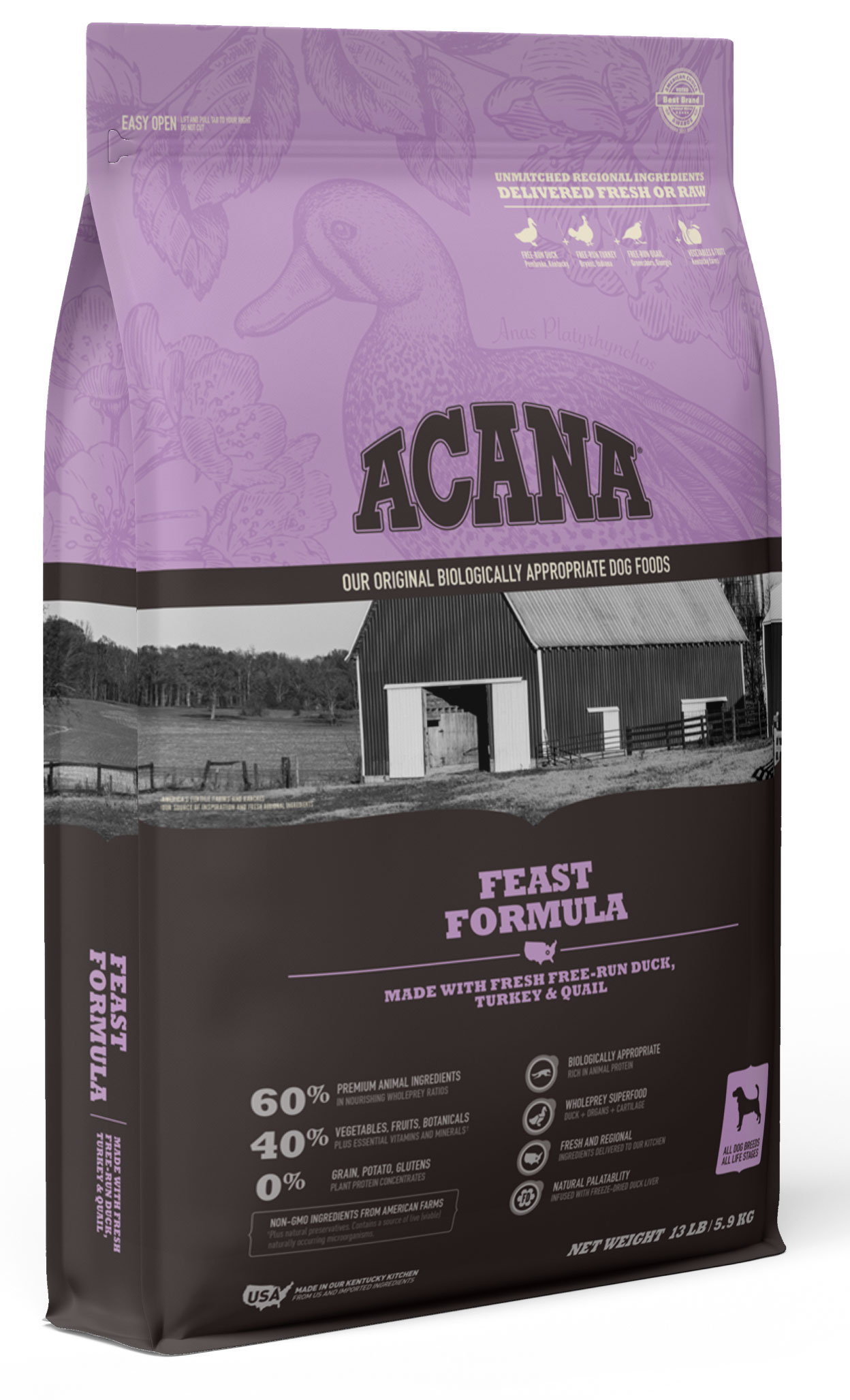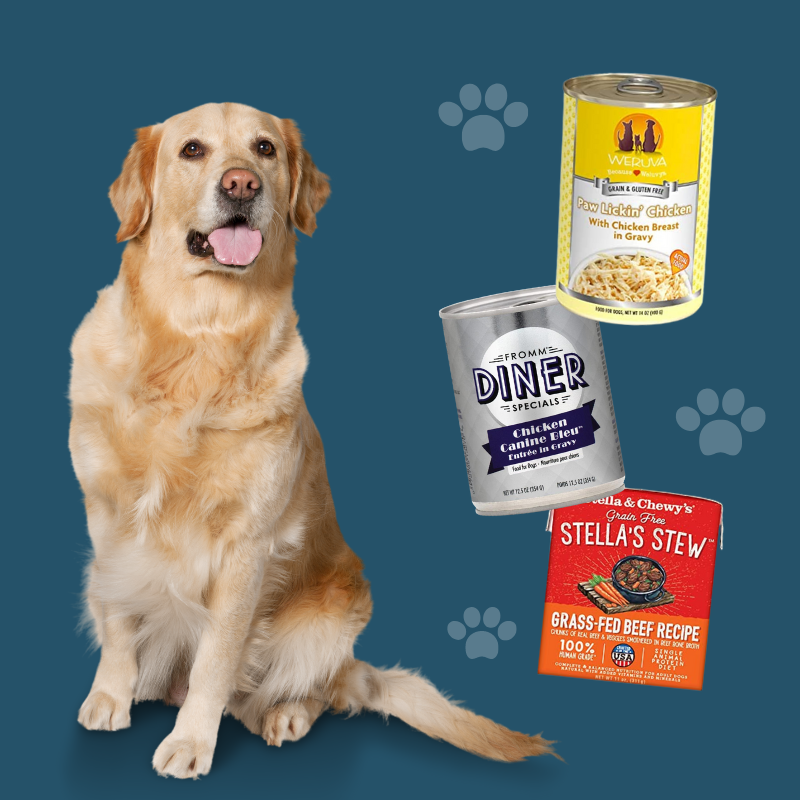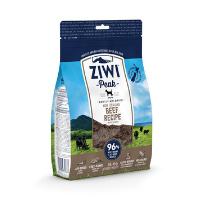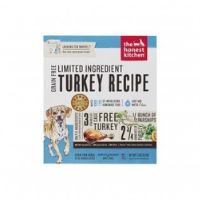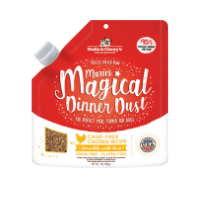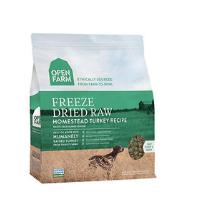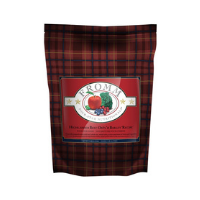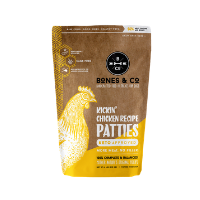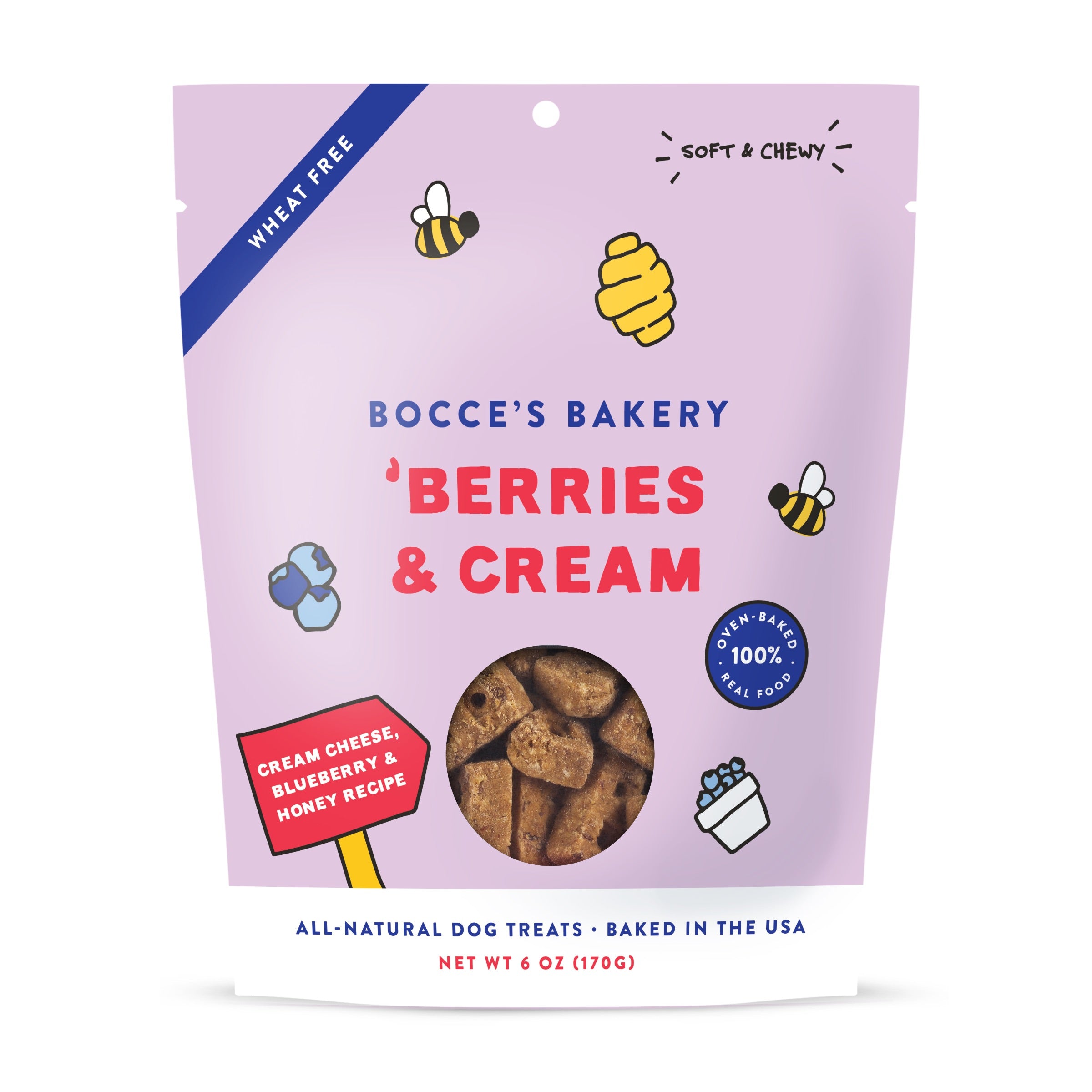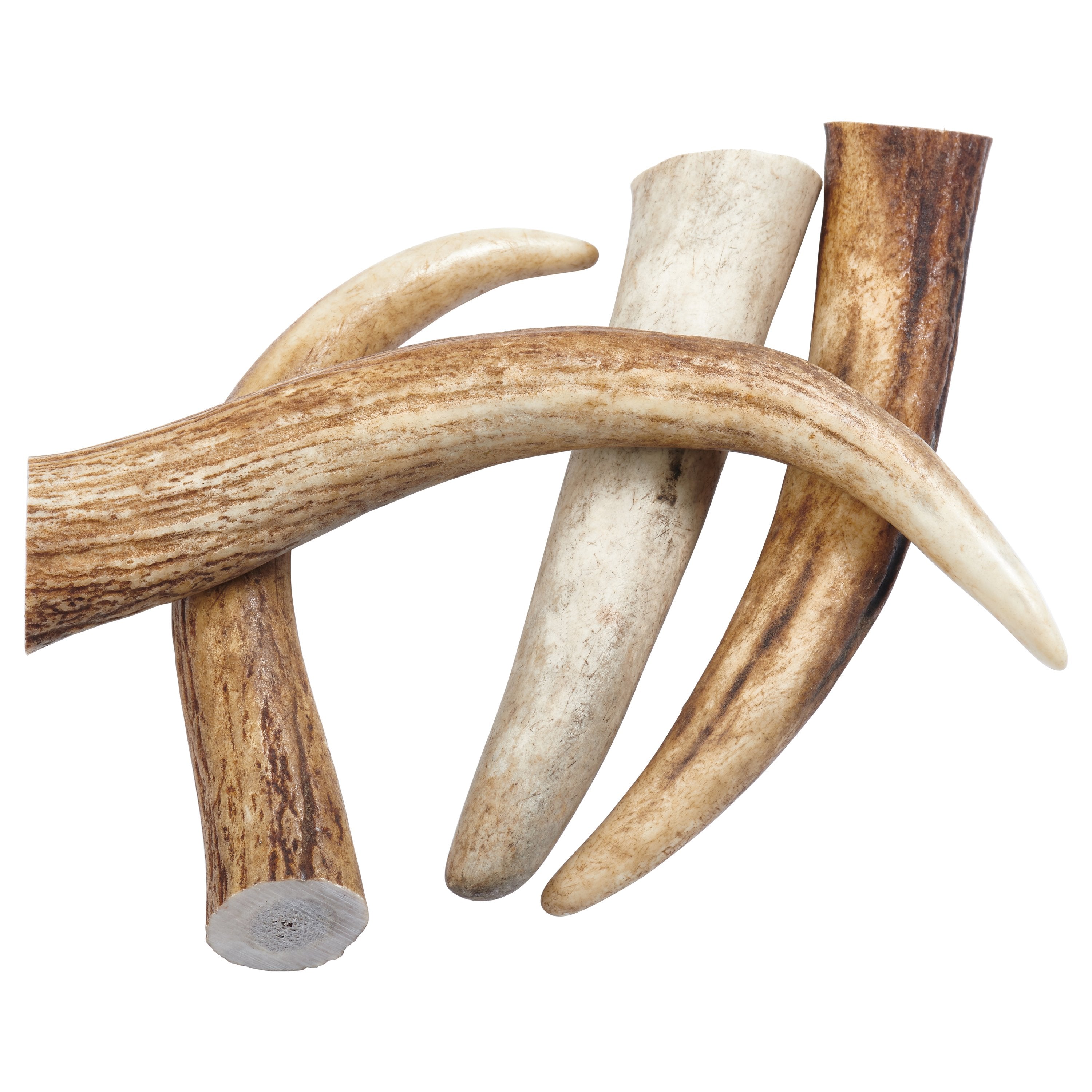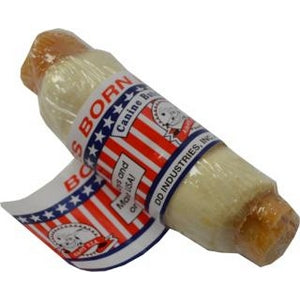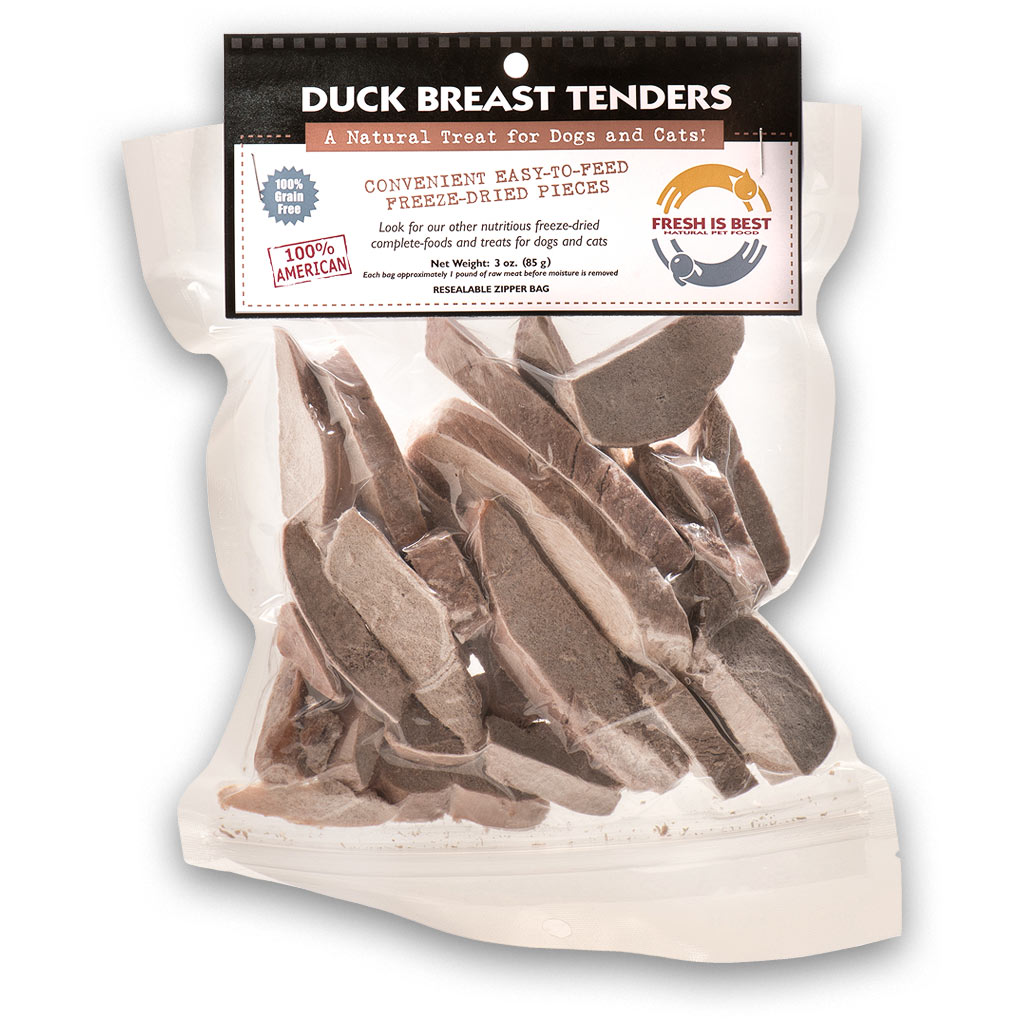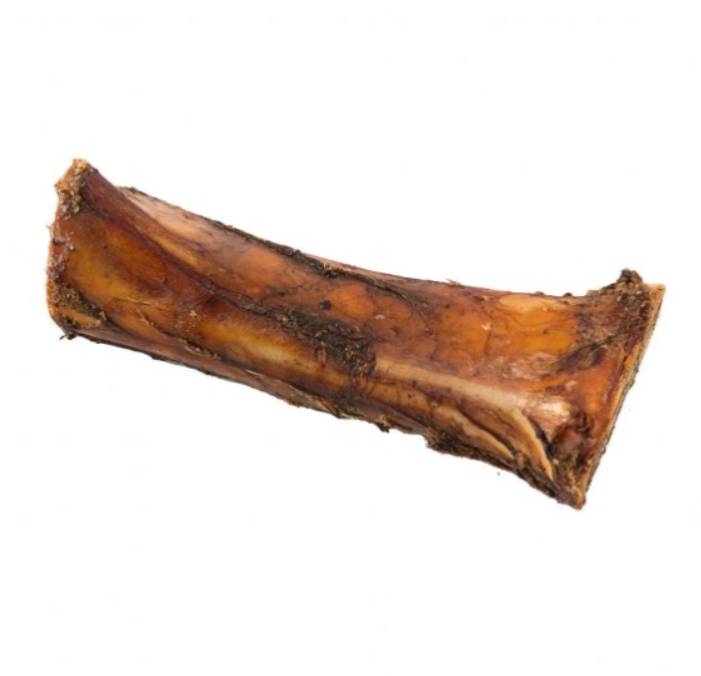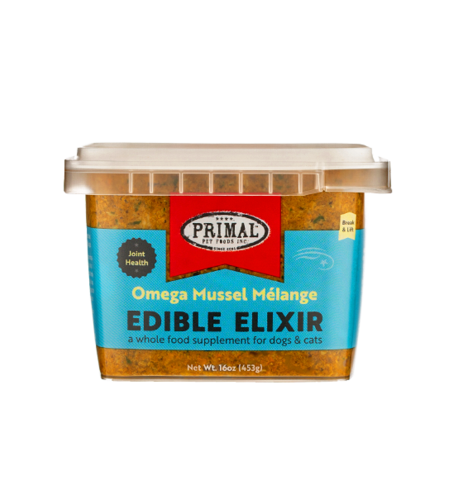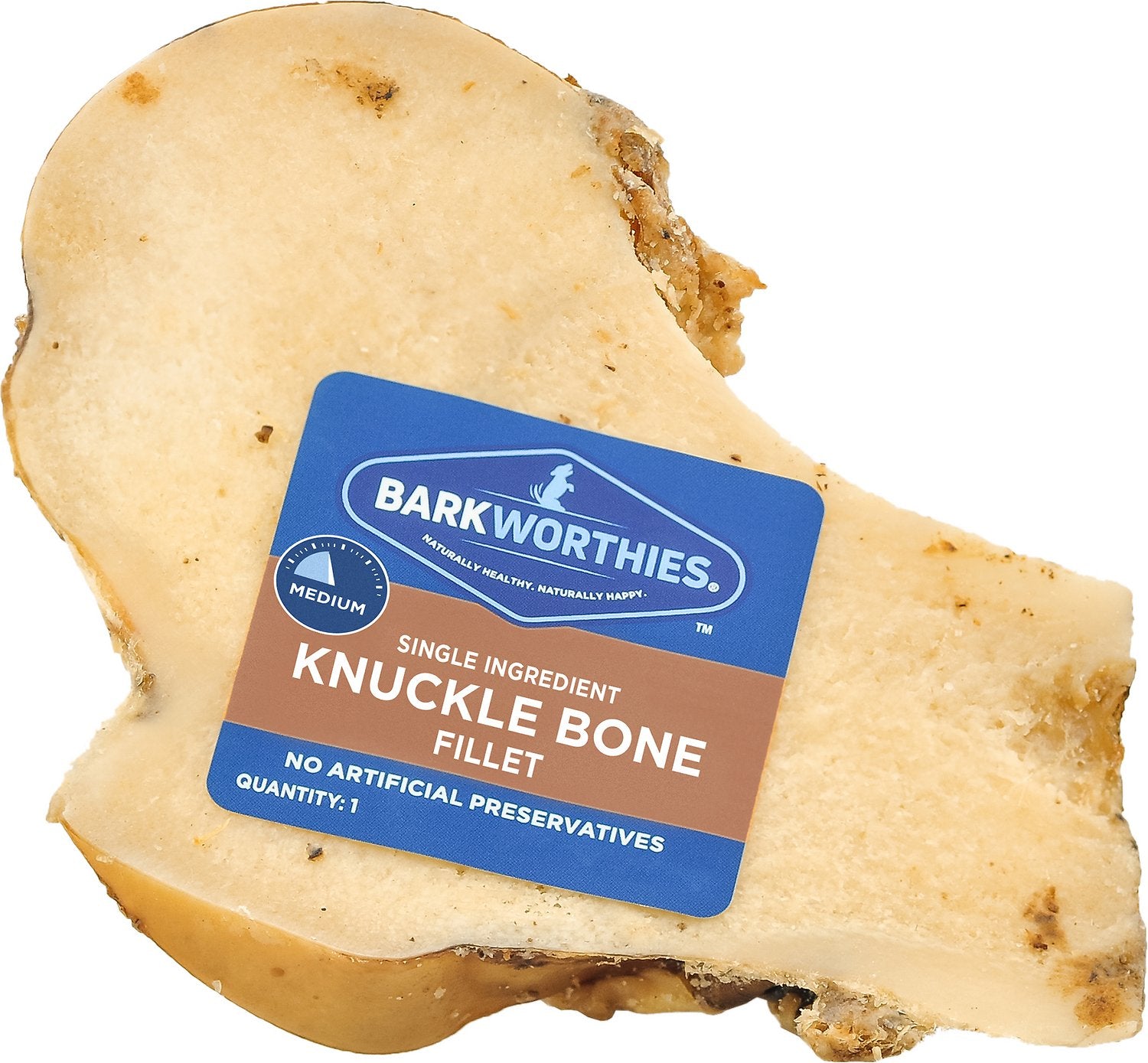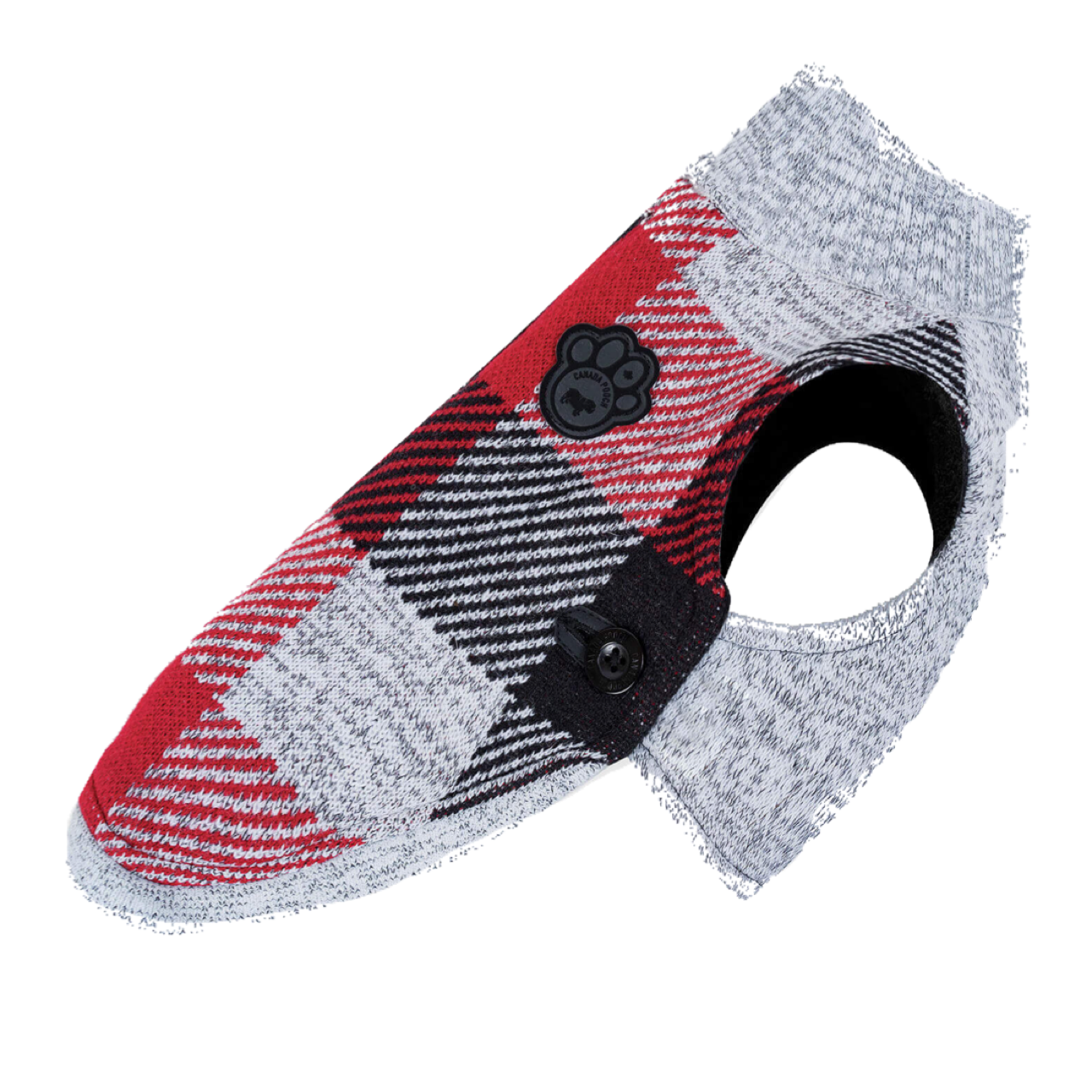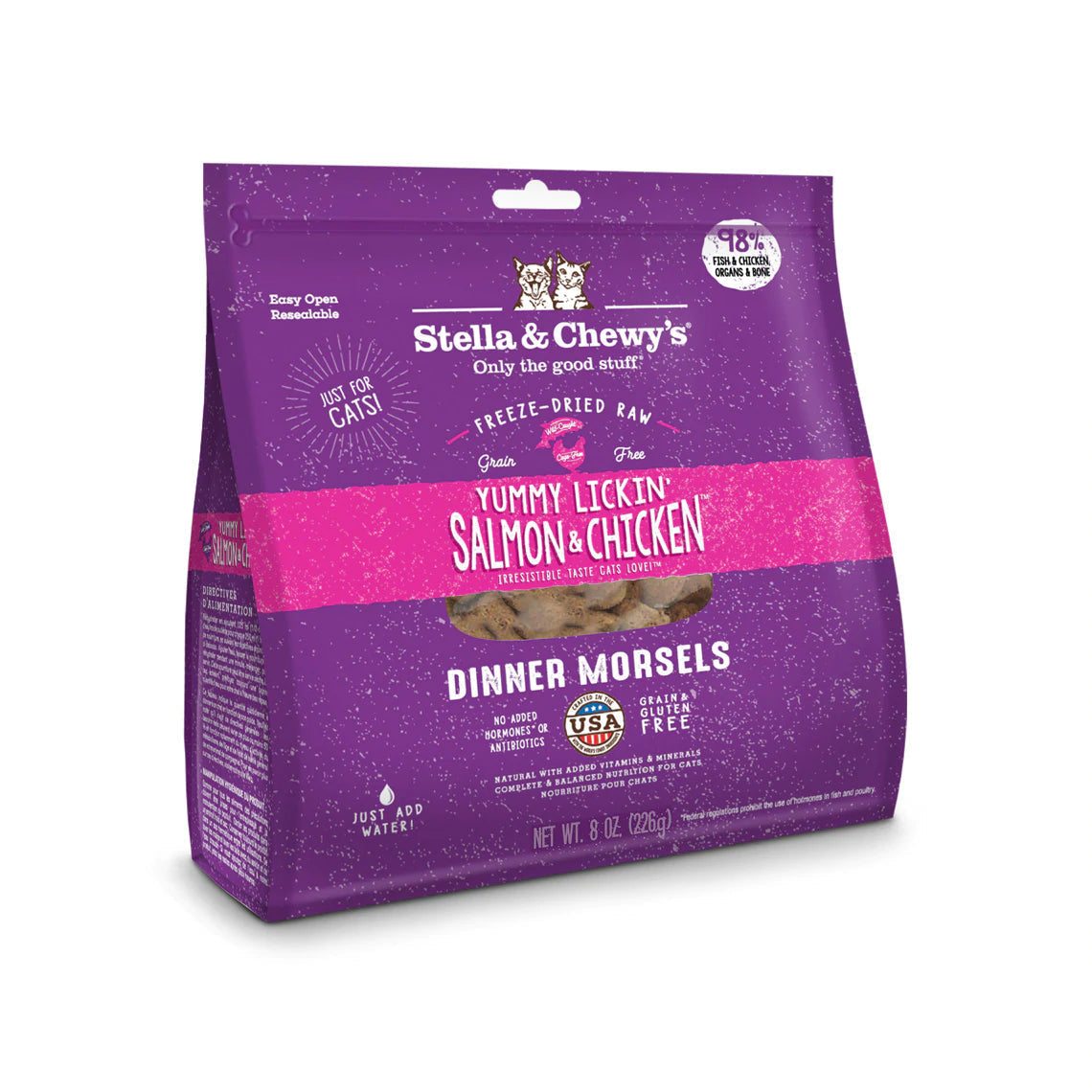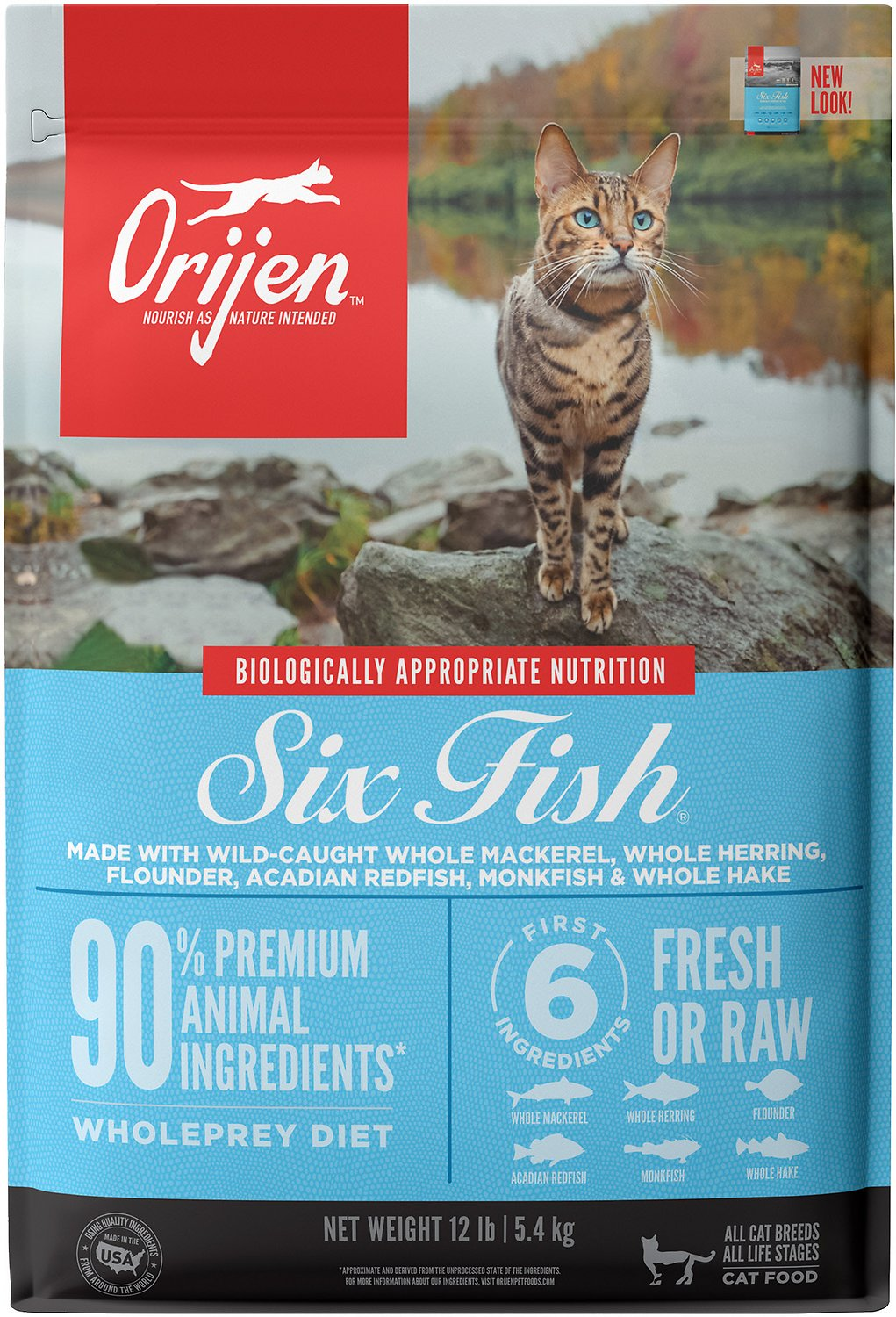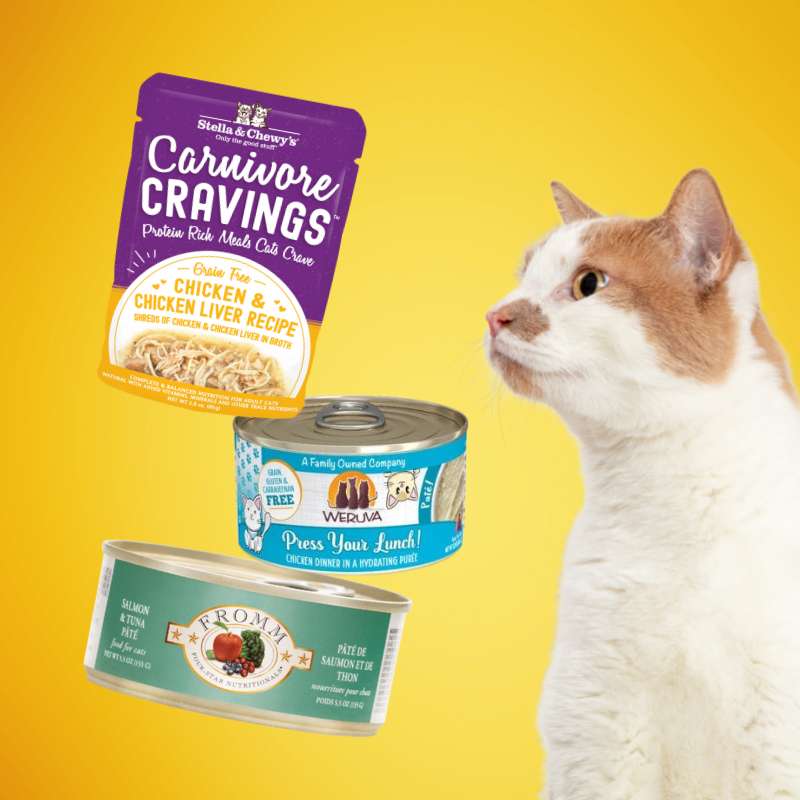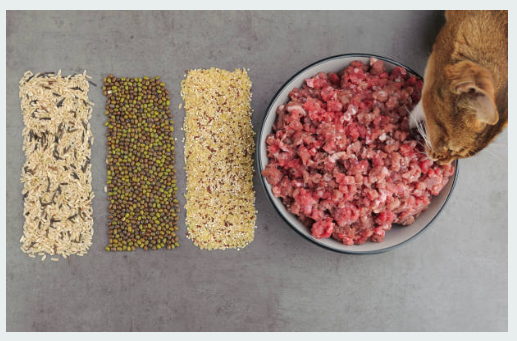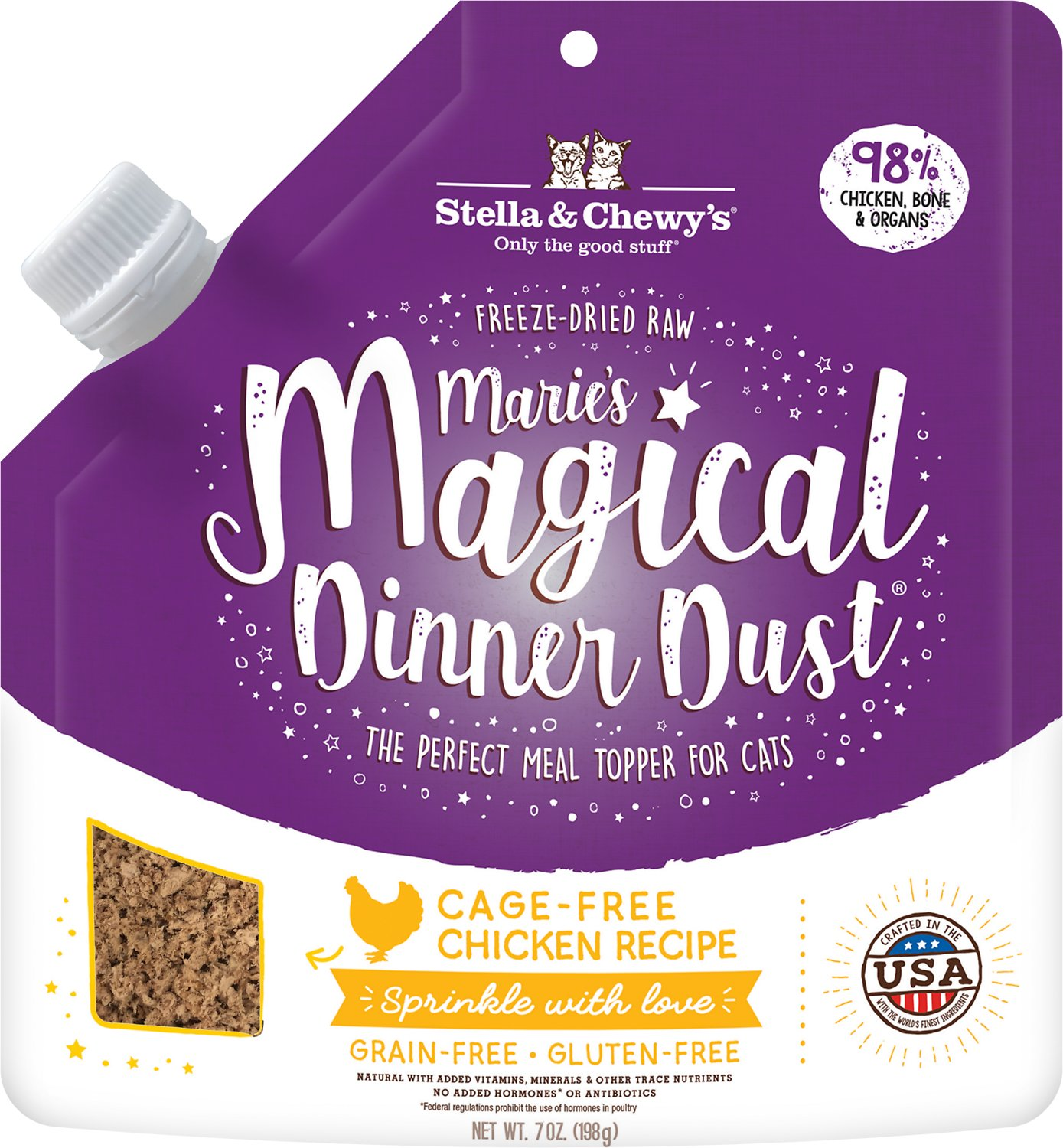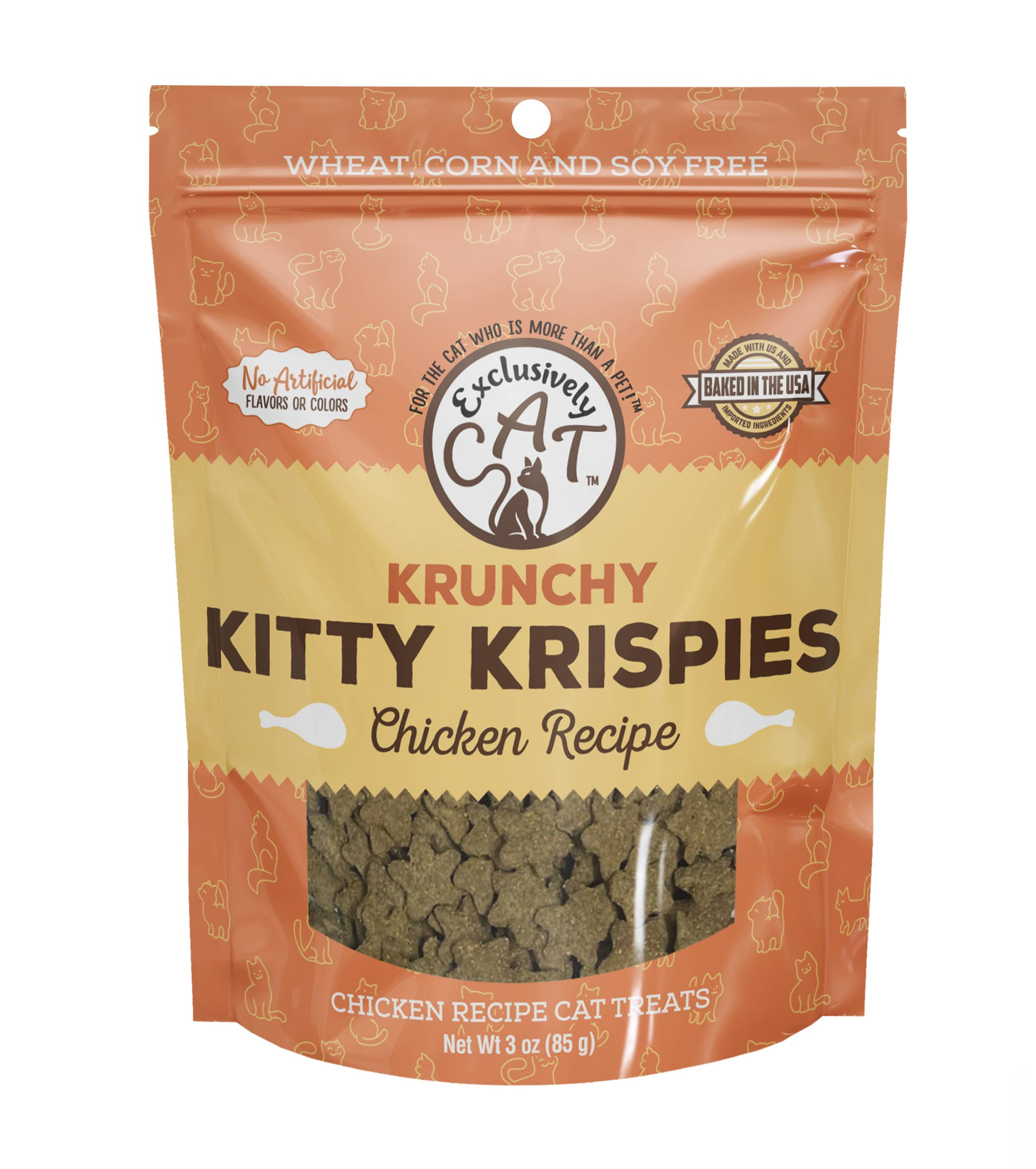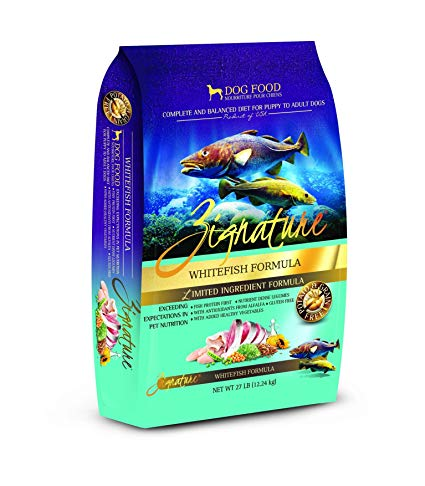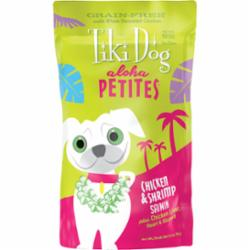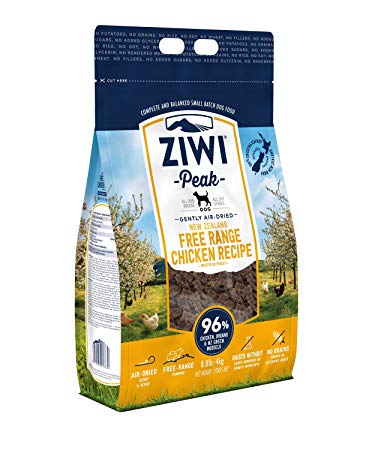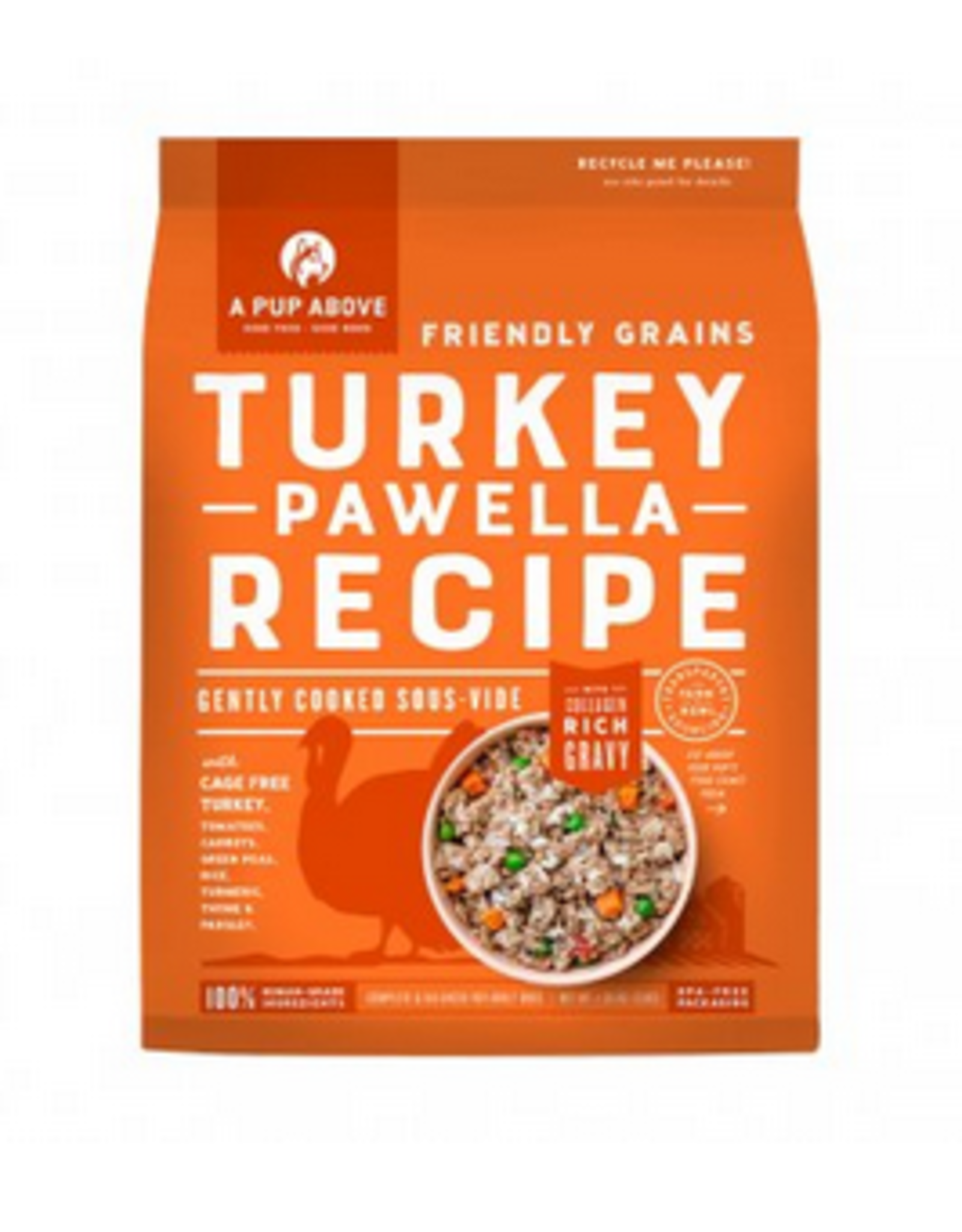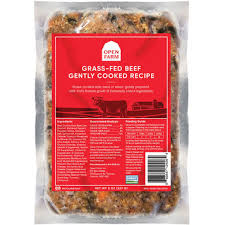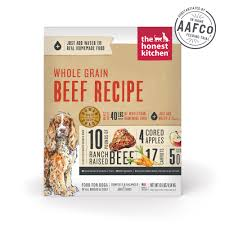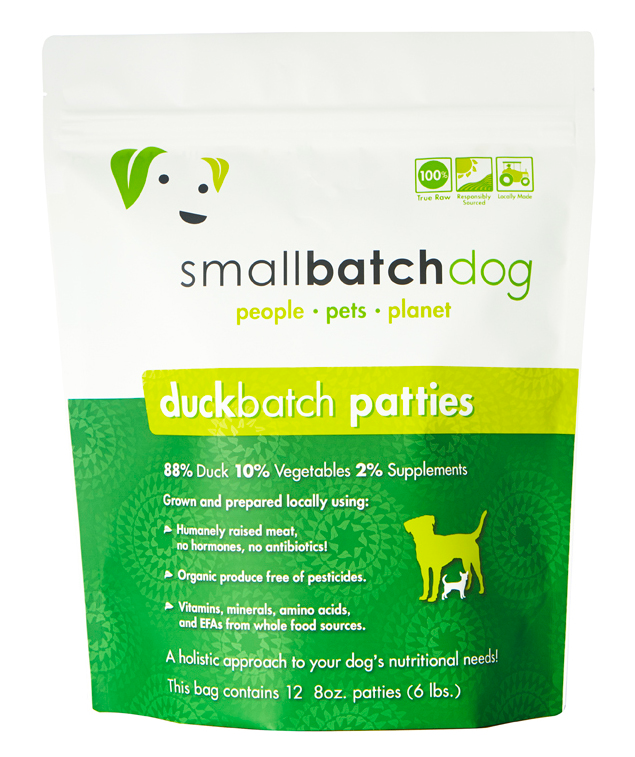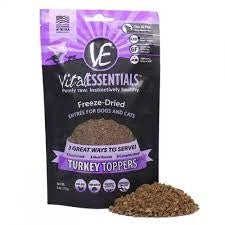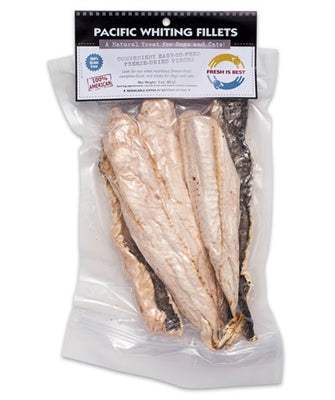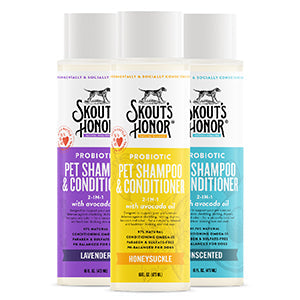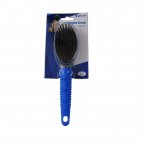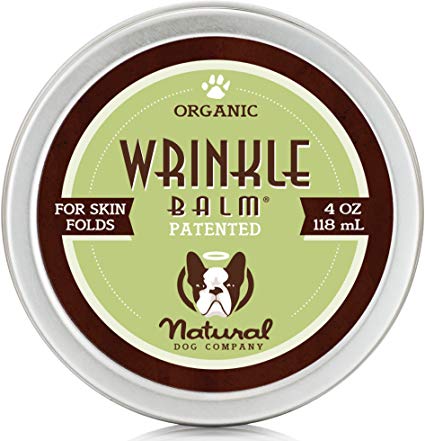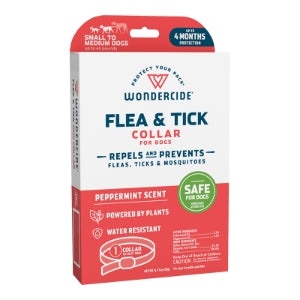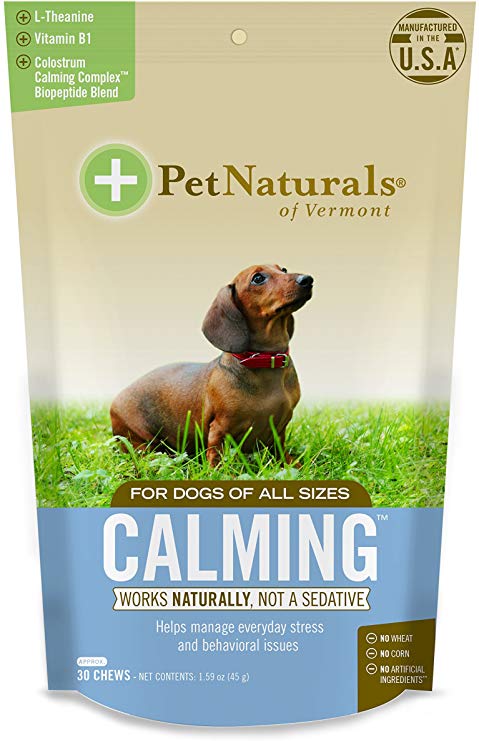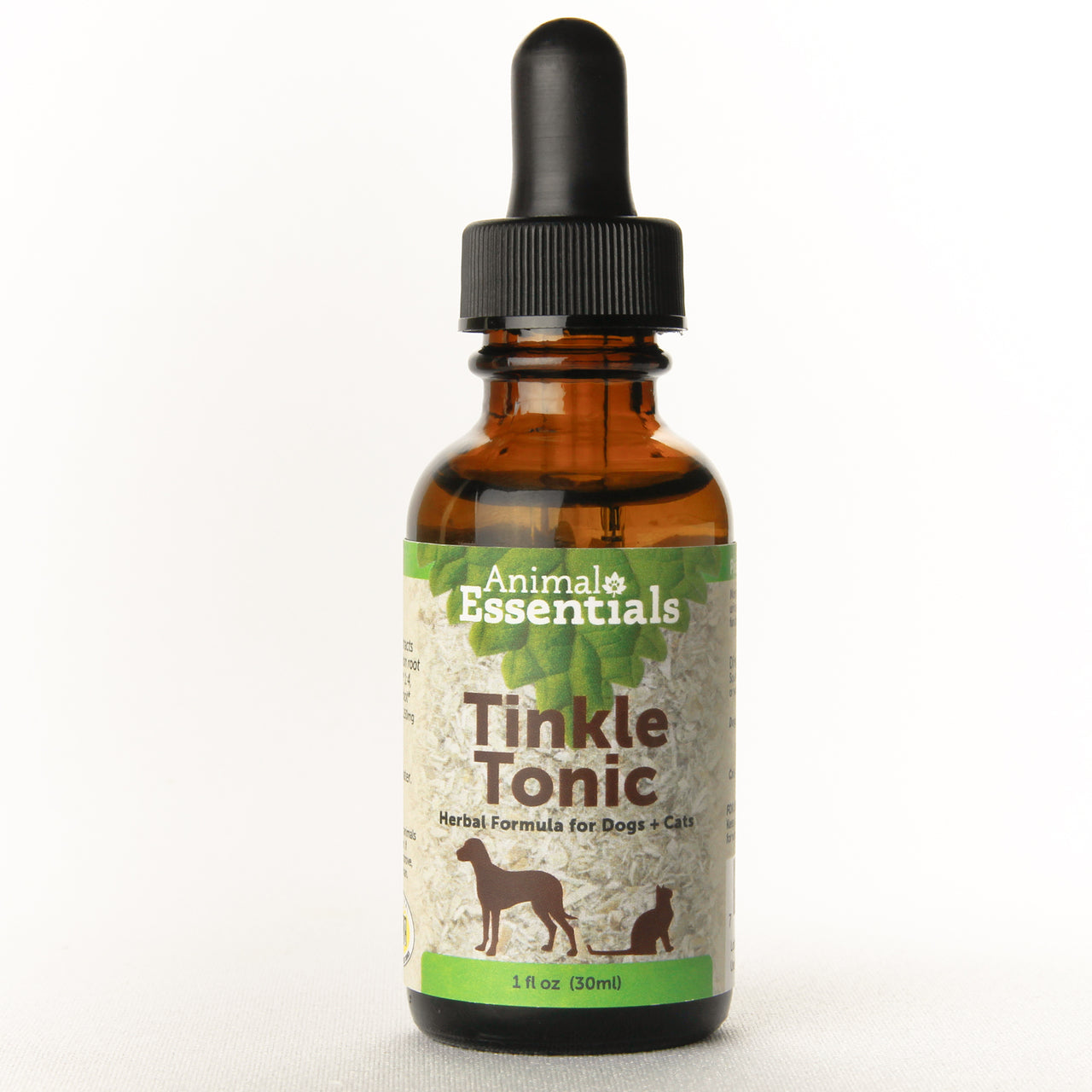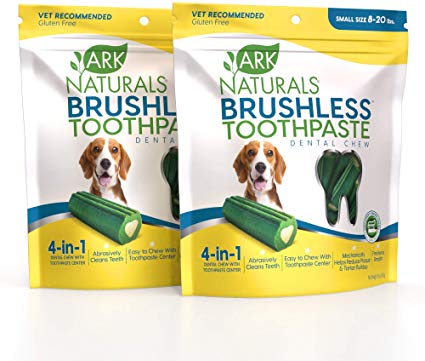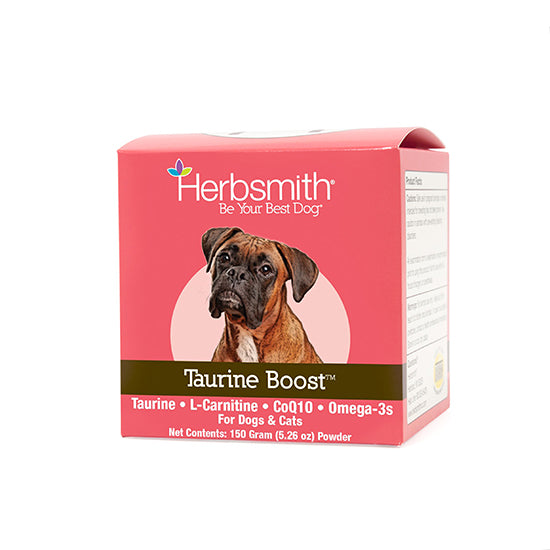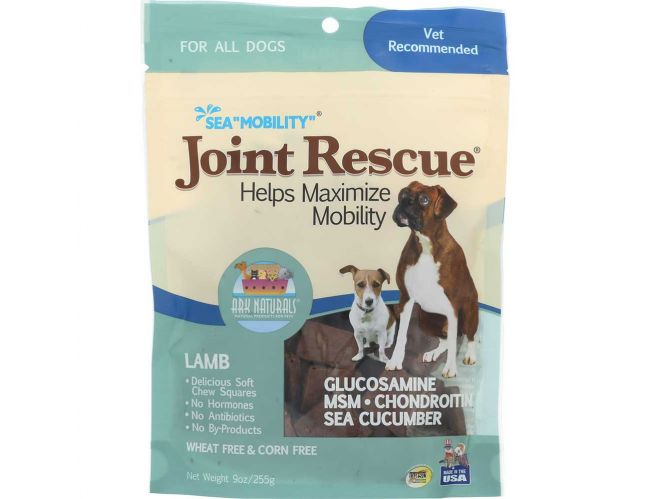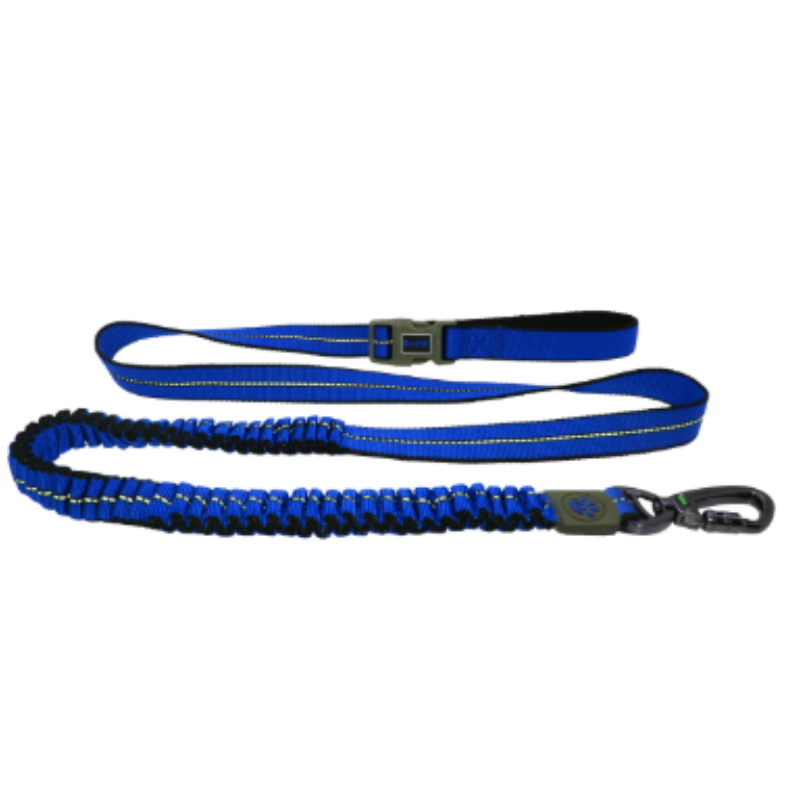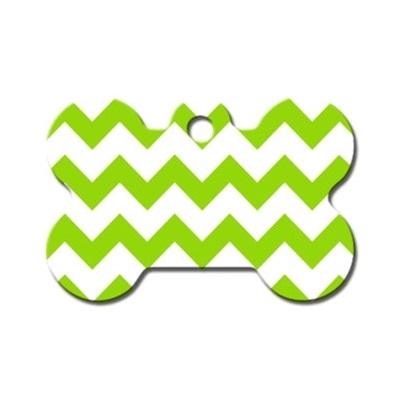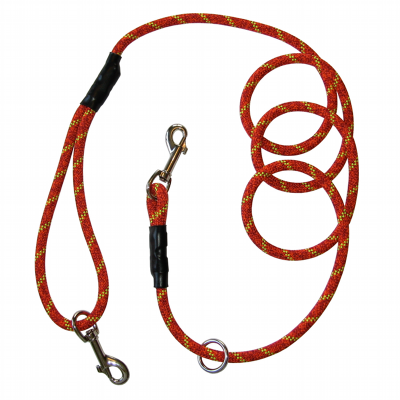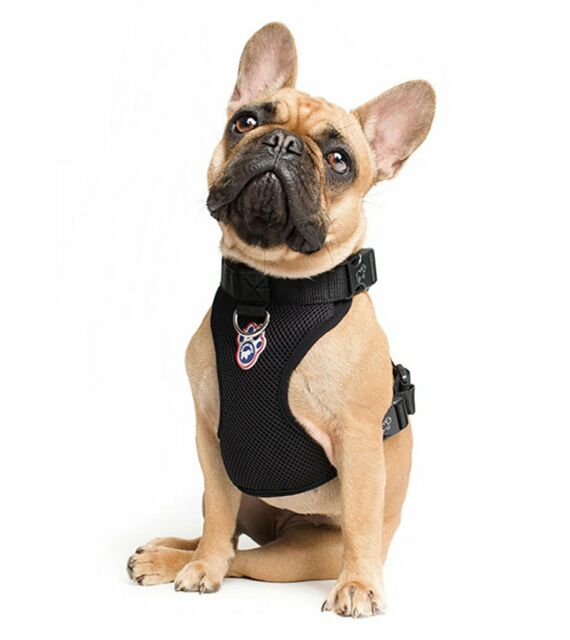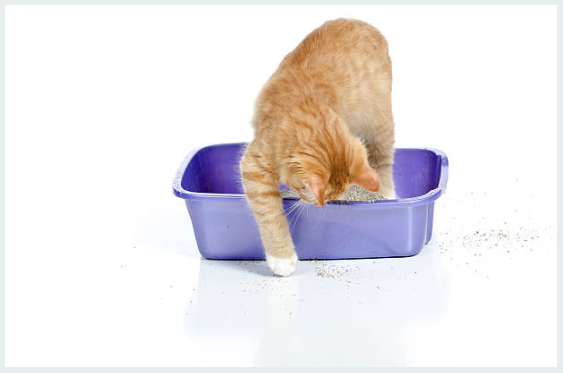
Keep your dog prepared for winter just as you keep yourself prepared. Just because they have fur doesn't mean they don’t get cold. This is especially true for short-haired breeds, as they don’t have the long, thick coat to help them maintain their body temperature. Hypothermia and frostbite are a couple of health concerns to look out for during the cold months. Ears, paws, and tails are all very susceptible to frostbite. Keep an eye out for shivering, and make sure they never go outside wet.
Coats: Some dogs are blessed with a thick, long coat, but some short-haired breeds and thinner haired breeds might need a little extra help staying warm during the cold winter months. It’s always a good idea to put a jacket or sweater on you dog while doing outdoor activities if you think they need the extra warmth. Keep in mind, a healthy diet will improve their coat, which will help keep them warm. A high quality, high protein diet, preferably raw meat based, will help keep their energy levels up. The higher protein will also help keep them warm, as well as hot proteins, such as venison, lamb, and salmon.
Boots: When winter comes, snow and ice usually come with, which means everybody will start putting salt on streets and sidewalks. Not only does salt burn the pads of your dog’s paws, it is also toxic. Dogs can also get a buildup of snow and ice in between their pads, which causes them to get colder faster. To help prevent this, we recommend using booties or even paw wax when going outside.
Blankets and beds: Make sure your dog has a warm, cozy place to recoup and warm up after going outside. Keep some extra blankets and a cozy bed around for your dog to snuggle up with.
Keep them moving: As long as it’s not dangerously cold outside, it’s always a good idea to keep your dog moving and continue with walks. Just like people, dogs can get stiff as well as bored if they’re not getting enough exercise. Especially for older, arthritic dogs, you need to keep them moving to keep their arthritis under control. You might have to up the joint supplements as well. If you have a bored dog at home, make sure you have a good selection of toys and bones. You can keep their mind stimulated with puzzle toys or things like raw marrow bones.
Water: Make sure your dog stays hydrated in the winter. Dogs can get dehydrated in the cold just as easy as they can when it’s hot. They will probably play and run just as much, if not more, in the winter, but they will probably drink less water. Always keep plenty of fresh water down, and maybe even think about adding some warm water in their meals. (Helps with digestion too!) Try adding a filtered water fountain to your home.
Dry skin: Just like us, dogs can get dry, flaky skin in the cold and wind too. Try adding a skin and coat supplement to their food to help avoid this. Coconut oil is a good natural moisturizer that you can add to their food. You can also apply to dry or cracked paw pads as well!
With all of this being said, winter can be a blast for you and your pup, but just make sure they don't get too cold. You can take your dog out frequently and play with them in the snow, just don’t leave them out too long and keep your home nice and toasty so they can come inside and warm up easily. Cold weather gear is always best when playing or walking outside.



